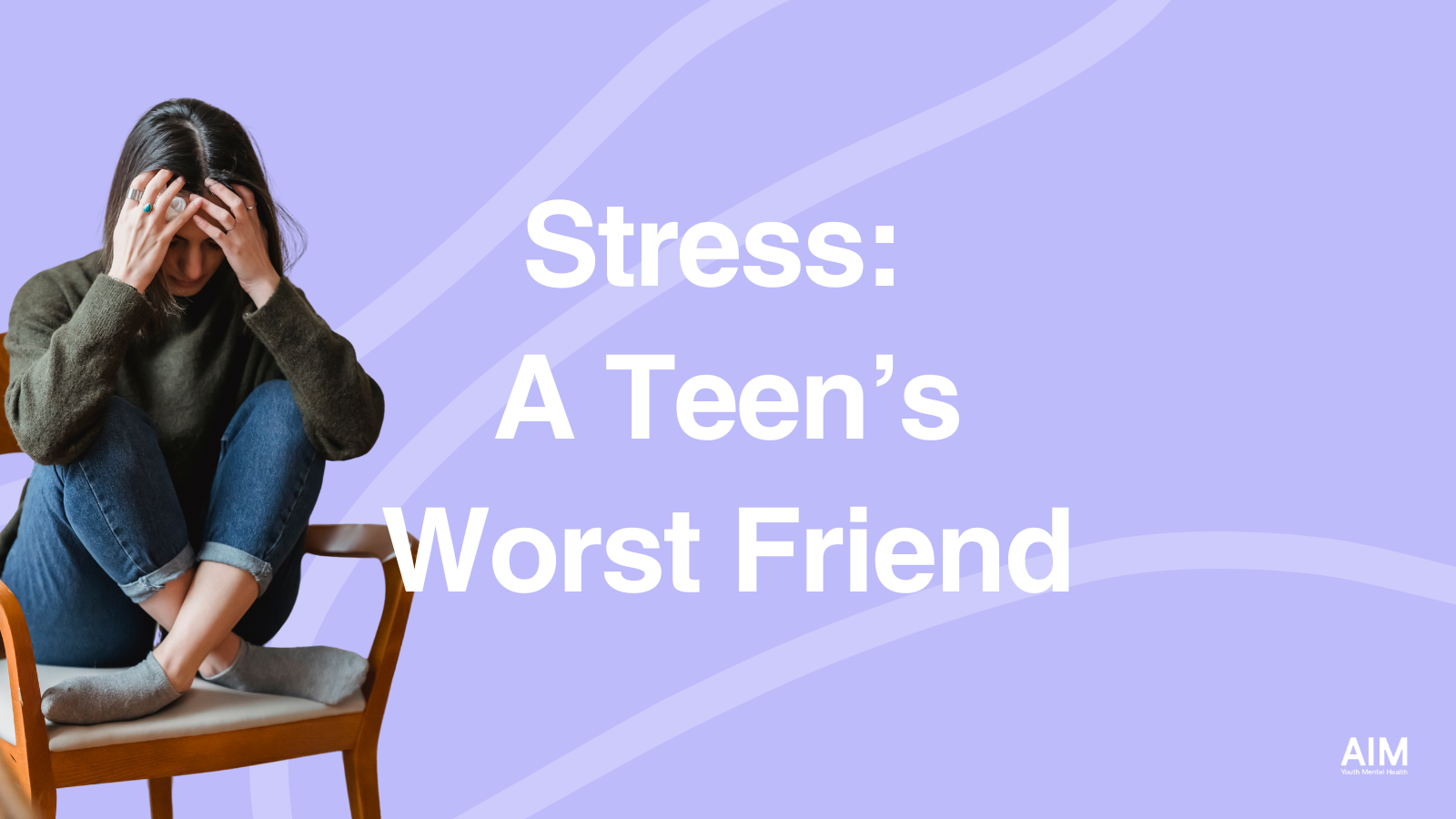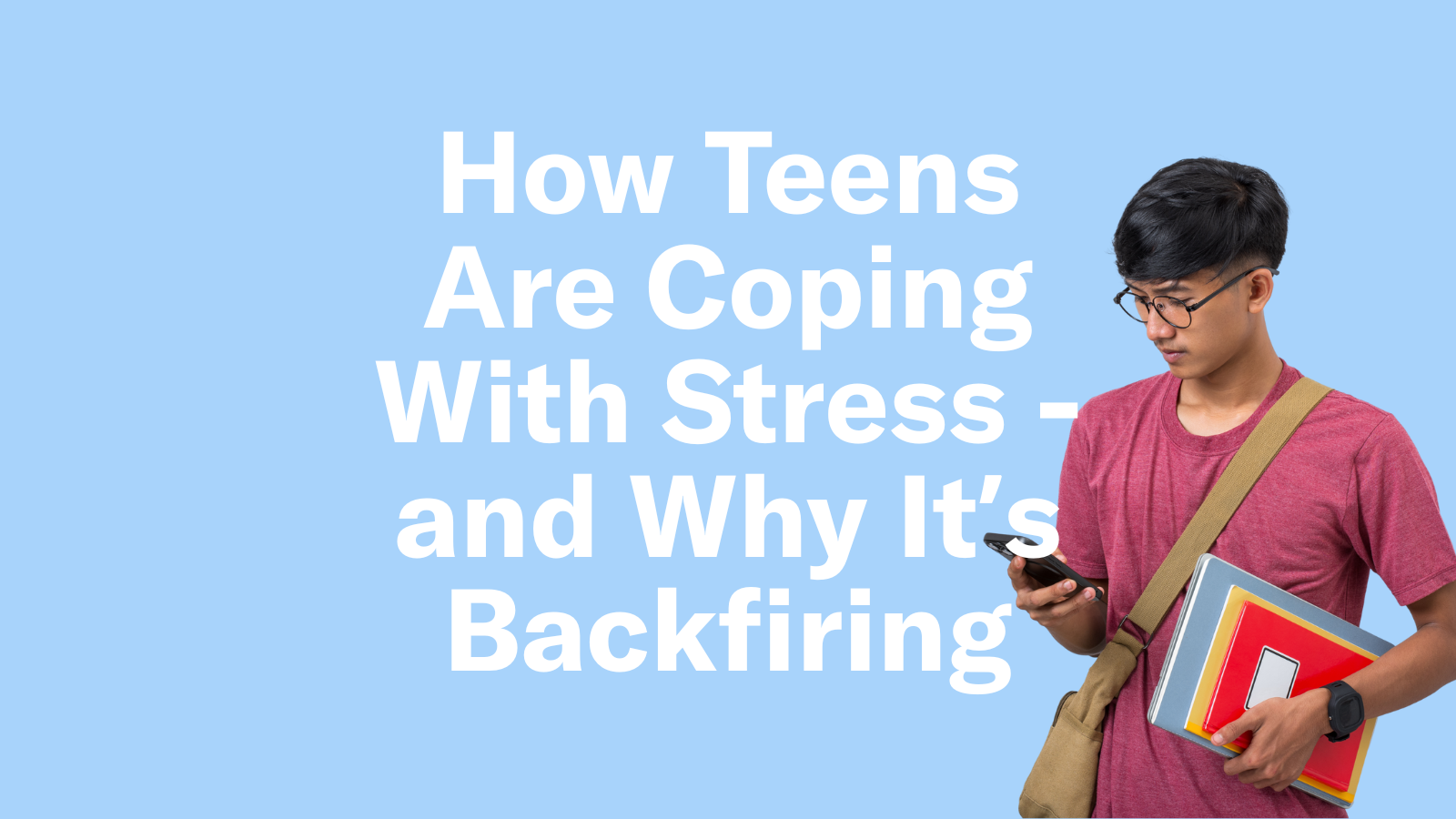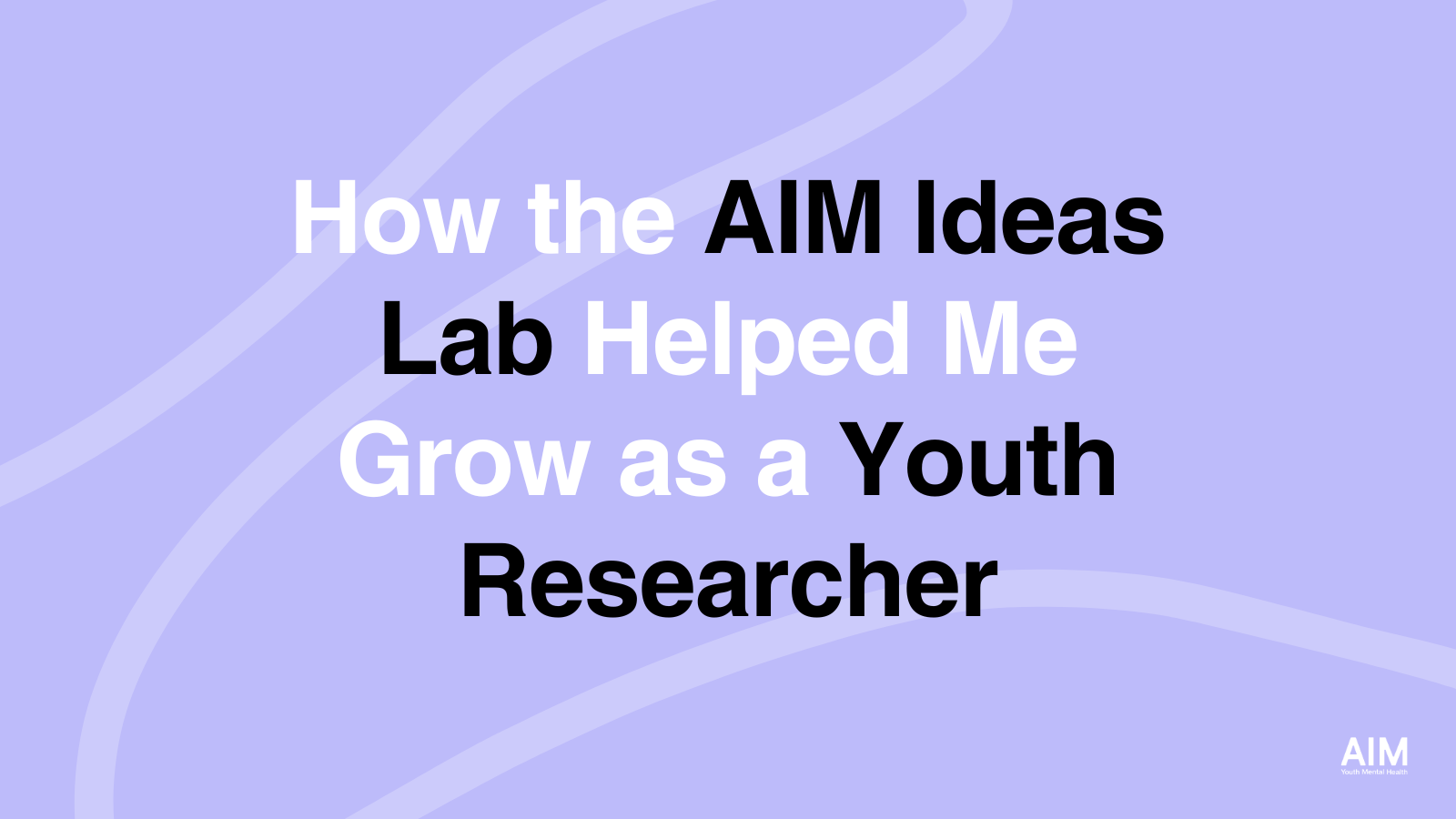The word “stress” is often thrown around in our modern world like a ball of yarn, unraveling until everyone who hears it fears its return. But stress itself is not the sole reason for our anxieties. A culture that treats stress as an unbeatable force does not help us on our journey to peace. Sharing our thoughts is not just a matter of comfort – it’s a necessity. The pressures of modern culture – anxiety, college, money, success, and countless other consciously (and subconsciously) feared aspects of life – create an internal struggle that feels harder to win than ever before.
Fortunately, we have countless ways to manage our stress. While it isn’t always possible to be completely devoid of anxiety and other adjacent but equally tumultuous mental stressors, we can take small, intentional steps to lessen its impact. This starts with how we carry ourselves through daily routines and extends all the way to shifting our mindset – learning to control the aspects of stress that we can and letting go of what we cannot.
Introductory Statistics
Today, more than ever, the world faces a “war” which is not determined by physical destruction but by mental distress. This global mental crisis is confusing and oftentimes undefinable, with each individual experiencing it for different reasons. Evolving issues such as the increasing wealth gap, struggling governments, climate change, and other more intimate struggles such as abuse, online and physical bullying, and poverty contribute to a growing need for widespread mental health support. The following statistics show us the urgency of the issue:
- 82.3% of students say that academic pressure worsens their mental health (aimymh.org)
- 76.8% of students believe their school should do more to support mental health issues (aimymh.org)
- Depression rates in high schoolers range between 15-45% (nih.gov)
- 703,000 people die by suicide each year (iasp.info)
- 75% of suicides occur in low and middle income countries (nih.gov)
- U.S. depression rates have risen from 19.6% in 2015 to 29% in 2023 – rates of depression are still rising (statistica.com)
Why?
We are a product of troubling times, and our addiction to social media and easily accessible technology only amplifies the problem. These modern conveniences are pieces of an ever-growing phenomenon that impacts how we experience stress. As technology continues to advance, we inevitably struggle to understand how to manage the stress it brings, induced by the complicated effects of technology — whether from constant online exposure, social comparison, or information overload.
Beyond technology, our generation has inherited the burden of unprecedented challenges, including climate change and economic struggles. We are the first of our species to witness a global event such as climate change, and it is almost impossible not to feel a sort of aching. On average, 56% of people globally worry about climate change, and 89% want to see more action from their government. When the world feels like it’s falling apart, it’s no surprise that our mental health suffers.
These are just a few of the places that we are finding stress in our daily lives. But how do we cut away the overwhelming thoughts in order to find peace?
Unhealthy Ways to Cope With Stress
Even with an understanding of the sources of our stress, we often find ourselves worsening the effects through unhealthy coping mechanisms, adding fuel to the fire. Without realizing it, the habits that may give us temporary relief, in reality, harm our mental and physical well-being. Some of these common, yet harmful, ways people try to manage stress include:
- Relying on social media for stimulation
- “Comfort” food / overeating
- Under-eating
- Oversleeping
- Procrastination (which leads to more stress!)
- Substance use
- Social withdrawal
Healthy Ways to Cope With Stress
As stressful as stress may seem, it is not the end-all be-all. Anyone who has managed to overcome a stressful period knows this to be true. Stress is often a matter of how we decide to go about our daily tasks, and our lived experiences. While we can’t understate the effects of differing circumstances – whether it be an uneasy home life or a hormone imbalance – there are universal strategies that can help ease stress, no matter the situation. Some of the physical and mental coping methods include:
- Sleep at least six hours a night
- Spending time in nature
- Participating in a hobby that satisfies you
- Talking to family and friends when given the opportunity
- Giving yourself a mental rest day
- Exercising regularly
- Limiting excessive use of immediate stimulation (phone, TV, food delivery)
- Evaluating how you view actions done by you, or to you
- Defining personal success and guiding yourself to that goal
- Having faith that at the end of every tunnel there is a light
Realigning Ourselves to Utilize Stress
Stress exists only in our minds, but its effects can take control of us physically – making our palms sweat and our skin break out. At its core, stress is only our body’s internal system saying, “something isn’t right…”. Even when nothing is wrong, we can still feel an overwhelming sense of anxiety. A panic attack, for example, is an intense but often unwarranted wave of stress.
On the other hand, stress tells us that we have things in our lives that we want to be different – it serves a purpose. It can show areas of our lives where there is something wrong and need to change. Studies show that around 70% of adults believe some stress is necessary for personal growth (American Psychological Association). While teens may not quite feel the same, it’s still relieving to know that a majority of people who have experienced stress feel that it has potential benefits.
In many parts of life there is an equilibrium, and stress is no exception. With a moderate amount of stress that is managed correctly, it can serve as a motivating force rather than a paralyzing one. By learning to master our minds and regulate stress, we can turn it into something that drives us to keep moving towards our goals, each and every day.





